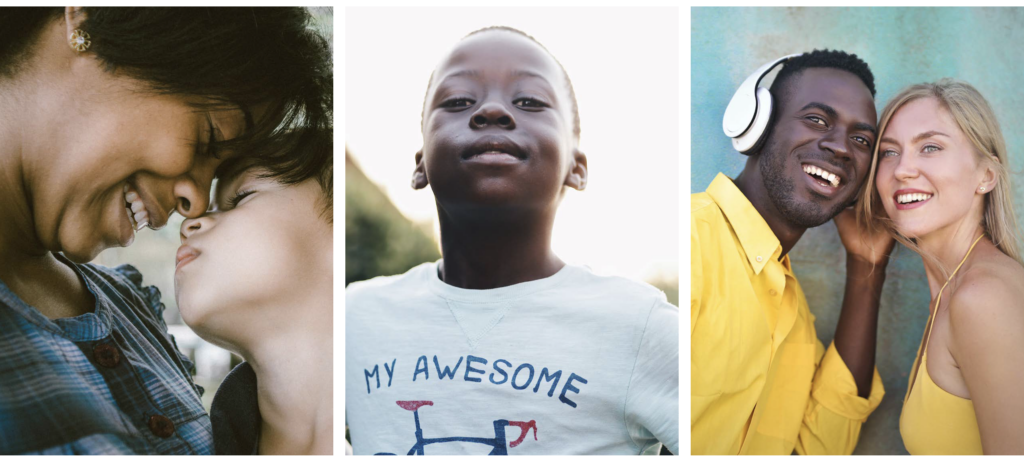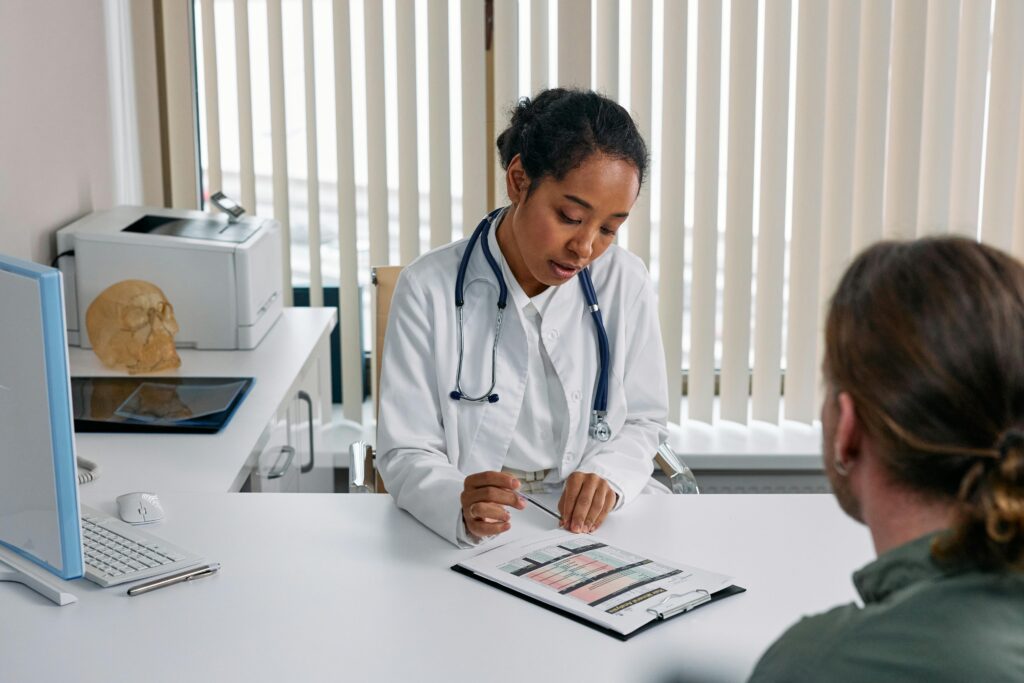Dear Friends
The moment is now. Over the past weeks, months, and even years, we’ve been having conversations with all of you in our Upstreamist community on the state of our nation and our democracy. We have shared fear, concern, frustration, joy, and even renewed hope.
It’s always a good time to get civically involved—the opportunity is open and ready for you—but with the national election 68 days away, if you haven’t been actively participating, now is the time. This election will be pivotal for health equity, affecting funding, policy, innovation, jobs, rights, and real lives. And right now, there is a groundswell of energy to spark your local civic relationships—relationships that will endure, and that we will need, well past November.

Over the next 10 weeks, HealthBegins will share insight and resources on what’s at stake for health equity in this election. We’ll bring perspectives from friends and colleagues on how the choices stand to impact food security, access to justice, maternal health, and other domains that we all spend our working lives trying to improve. Many of us are pursuing important innovation and change on the local level (like the powerful examples we spotlighted at our webinar last Tuesday), but we know that federal policy change and regulation lay needed groundwork to sustain this work over the long term. (Case in point: The Affordable Care Act, two decades later, continues to improve millions of lives.) Even short of policy, the tone and expectations set at the national level can alter the course of health justice (as in the chilling effects of then-President Trump’s DEI ban, which he plans to revive if elected).

While we share the policy implications, we’ll also encourage you to take actionable steps to be civically involved. You can find pathways to action as an individual, a member of a community, and a member of an institution. (If you are considering sitting this election out from a principled perspective, there are strategic, organized groups that can help you leverage your position and give more power to your voice—so even choosing not to vote doesn’t absolve you from being civically engaged.)
Each phase of the next few months presents opportunities to participate. For example:
- In August, it’s a great time to get involved in voter registration efforts and get as many people eligible to vote as possible. Also think ahead to Election Day (or earlier if your state has early voting) and consider volunteering as an election protection volunteer or poll worker. Sign up to volunteer, and request the day or days off of work.
- In September, support for voter registration efforts remains critical. You can find your state’s registration deadlines here. Supporting democracy is also a powerful way to build community, such as by connecting with local organizers to send postcards to swing-state voters. And you can invest in your own role as a voter by researching the issues and candidates on your local ballot through reliable, equity-focused sources like PolicyLink.
- October is a prime time to build upon the relationships you’ve forged and support phone banking and postcard mailing. As a voter, it’s also essential to make a voting plan (including a way to get to the polls on Election Day) and make sure friends and neighbors have one, too.
- November holds just four days before Election Day, and those are a critical moment for local get-out-the-vote efforts.
Last Election Day, one of my HealthBegins colleagues had the opportunity as a poll observer in Tucson to restore the vote of a local tribal member who was mistakenly turned away due to confusion over her tribal ID. May we all have that chance to feel the impact of our contributions—because our contributions bring us together in more than just numbers. Action and connection are a path to hope. And the progress we make now will sustain us on the way to health equity, beyond a single moment in time.
Best,

Sadena Thevarajah
Featured content
HealthBegins Brief: Addressing Climate Health Inequities With The Community Health Needs Assessment
This HealthBegins Policy and Practice Brief invites every healthcare organization to immediately begin addressing the impact of climate change on health at the community level and with community participation.
Immigration Enforcement in Healthcare Settings: How to Prepare and Respond
Many of our healthcare partners are asking how they should prepare for potential ICE encounters on their premises and respond in the interim to concerns among patients and staff. These questions, answers, and resources provide some guidance.
To Build Effective Social-Care Investments, Change the Narrative About Them
The lesson for everyone working at the intersection of health and social care is this: to build sustainable partnerships that effectively address health-related social needs, we need to examine and challenge our underlying perceptions of value.



